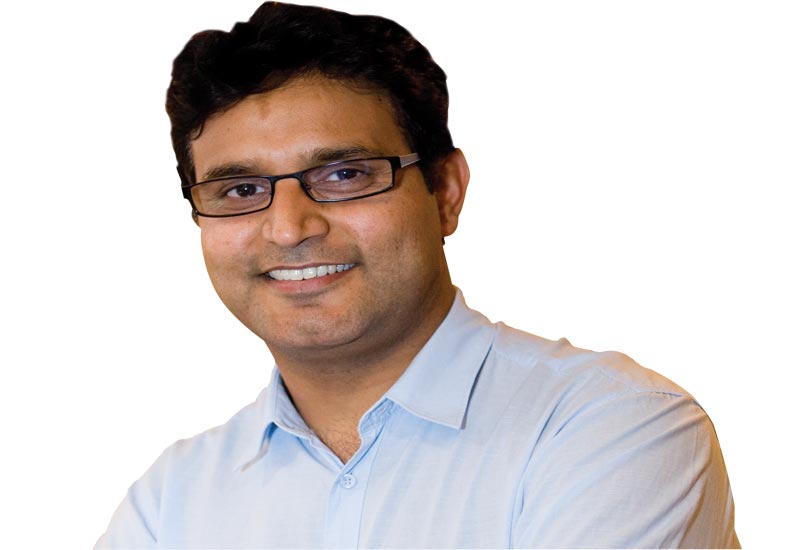 Atul Kochhar is a twice Michelin starred chef, author of three books and regularly appears on television in the UK. He owns two fine dining restaurants in London and Dublin, and a restaurant on a P&O cruise liner. His new restaurant, Rang Mahal, will open in Dubai at the end of 2012.
Atul Kochhar is a twice Michelin starred chef, author of three books and regularly appears on television in the UK. He owns two fine dining restaurants in London and Dublin, and a restaurant on a P&O cruise liner. His new restaurant, Rang Mahal, will open in Dubai at the end of 2012.
Restaurants can do much more to reduce food wastage: The solution is educating chefs and creating within them a desire to do what’s best for our planet
I often travel to the Middle East taking in new dining experiences and, along with standard charges, food and beverage costs, a service charge and maybe even a hidden food tax, I was surprised to learn Marmar restaurant in Saudi Arabia made the news at the end of last year for adding a food wastage charge to customers’ bills – meaning that the more food you leave on your plate, the more you are charged by the restaurant. Great news!
However, many took the alternate opinion that it is merely tradition to serve heaving mounds of food. Talking to the Kuwait Times, Eric Fontaine, F&B director of the Crowne Plaza Kuwait said: “Middle Eastern culture is very much about sharing and hospitality, so usually a variety of dishes are ordered. People eat with their eyes, and a table full of food is very appealing.”

| Advertisement |
Restaurants everywhere should be making a strong effort to reduce their wastage, whether this is done in-house with initiatives being taken on by staff, or by the restaurant working closely with organisations such as The Sustainable Restaurant Association, which encourages sustainability globally.
Working with this kind of organisation will give you ideas and suggestions to help you create sustainable practices and easily reduce waste.
It’s a bigger global problem than people realise: in the US, 50% of all food is wasted; in Britain, up to 20 million tonnes of food waste is created each year; even the Japanese manage to waste US $101.6 billion of food a year. With nearly a billion undernourished people in the world, we must ask, where is the food going and why it is not being used?
Being born and bred in India, and having a long career working across Europe, I have a broad perspective on the issues facing our planet, and the effect that food has. I believe fully in responsibility lying with the individual.
From the smallest of actions, to the greatest attempts at preservation, each man can affect the patterns with his own actions, at work and at home. Every single day we affect the planet, and we need to turn that around from a negative impact to a neutral or positive one.
Article continues on next page...








 Search our database of more than 2,700 industry companies
Search our database of more than 2,700 industry companies









